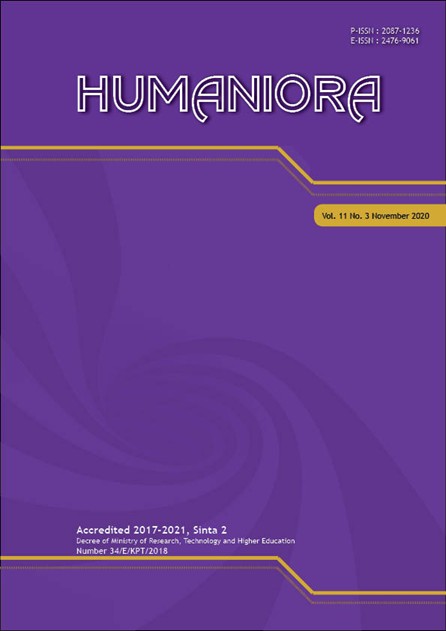Formation and Maintenance of Suicide Ideation Following Prolonged Peer Rejection in Young Adults
Abstract
The research aimed to investigate factors that contributed to persistent suicide ideation. Peer rejection had a significantly adverse impact on mental health and could lead to the development of suicidal thoughts. The Interpersonal Theory of Suicide (IPTS) stated that suicide ideation was formed by feelings of thwarted belongingness and perceived burdensomeness, in which the former manifested from an obstructed need to belong. Prior research had been divided on the role of thwarted belongingness in suicide ideation formation; while the current research aimed to provide clarity on this matter. The research applied a qualitative method with a phenomenological design. Data collection was carried out using semi-structured, inductive interviews with each participant. Participants were young adults with experience in peer rejection and a minimum of 1 year of ongoing suicide ideation. Results show support for the IPTS and the role of thwarted belongingness in suicide ideation formation. Additionally, two factors for the maintenance of suicide ideation are identified, namely heightened sensitivity to rejection and habituation to suicidal thinking. Findings contribute to previously inconclusive and minimal research on the IPTS and maintenance of suicide ideation respectively. Future research should be conducted regarding the latter matter as it is a serious risk factor for suicide attempts. Suggestions for future intervention are discussed.

